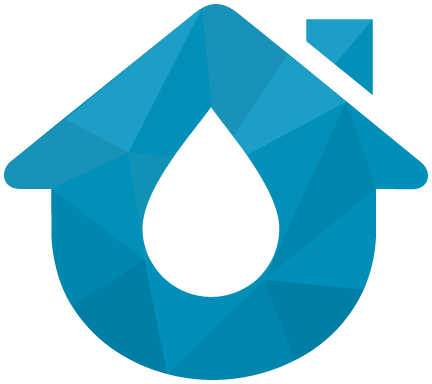Experiencing dry, itchy scalp? Your shampoo might not be able to help. From dandruff and dry hair to psoriasis and dermatitis, it’s time to get to the root of your hair problems - your water. If your water is hard, the harsh minerals can reverse the cleansing effects of your shampoo and conditioner. This can leave you with dirty, damaged hair and an irritated scalp. So, how can you treat dry scalp? Here’s everything you should know about how to fix a dry scalp caused by hard water.
What causes itchy scalp
Cold weather, hair dye, and excess heat treatments are some of the most common causes of dry, itchy scalp. These conditions can lead to dandruff, scalp psoriasis, and eczema. But, one of the leading causes of itchy scalp often goes overlooked - water. This includes both the hardness and pH of your water supply. The two go hand in hand, as the pH of your water can determine the amount of the hard minerals your hair will pick up.
How hard water causes dry scalp
Hard water is saturated with high levels of calcium and magnesium. These hard minerals can leave a layer of film on the surface of your skin when mixed with soaps, shampoos, and conditioners. Unfortunately, this means that your hair-washing may be counteractive. Rather than removing dirt and bacteria, excess calcium and magnesium can leave a film of scum on your hairline. The hard water film can cause skin to become irritated and lead to dry, dull hair. In fact, researchers have found that hard water directly damages hair when washed for ten minutes a day.
Those with colored hair may be at an even greater risk of hair damage. Most often, homeowners notice tints of yellow and green on the strands of the hair as a result of the calcium and magnesium. Those with colored hair may notice a duller appearance as the color may become warped or stripped. Hair discoloration is one of the most obvious signs of hard water in your home. Other signs of hard water damage include thinning hair, breakage, hair loss, and split ends.
How to get rid of dry scalp
When it comes to treating dry scalp, shampoos may not always work. Treatment takes time but there are a handful of ways you can begin to remedy dryness in your day-to-day routine.
-
Apply oils: Look in your kitchen pantry. Anything from coconut oil to olive oil may be a simple remedy for dry scalp caused by hard water. In particular, oil treatments have helped to reduce the formation of split ends. Researchers found that Brazilian oil may be most effective, although the least common in households.
-
Rinse with apple cider vinegar: Apple cider vinegar is health powerhouse - especially for hair. Hard water can disrupt your hair’s natural pH, but the acidity in apple cider vinegar can help bring it back into balance. Be cautious not to use too much apple cider vinegar as it may irritate sensitive skin.
-
Make an avocado mask: Before you cut up an avocado for breakfast, consider using it as a mask for your hair instead. Avocados are rich in Vitamin E, a necessary component for strong, healthy hair. Not to mention, it has repairing properties that can help heal scalp and hair damage caused by hard water.
-
Install a water softener: Combatting water damage needs to start from the source. Water softeners like Culligan’s Water Softening System can help reduce hard minerals in your water supply. This means cleaner, softer water for your hair and skin and a better clean overall. By reducing the number of damaging minerals in your water, you can then focus on effectively repairing your hair and skin using the other home remedy solutions.
Not sure what to do for your dry scalp? Ditch the overpriced hair treatments. The cure for a dry, itchy scalp starts with your water. Softening your water can help combat the damaging effects of hard water. Not to mention, it can gently clean your hair and skin, leaving you with a fresher feeling after every wash. Contact Culligan Water today to find the best water treatment solution that's right for you.





